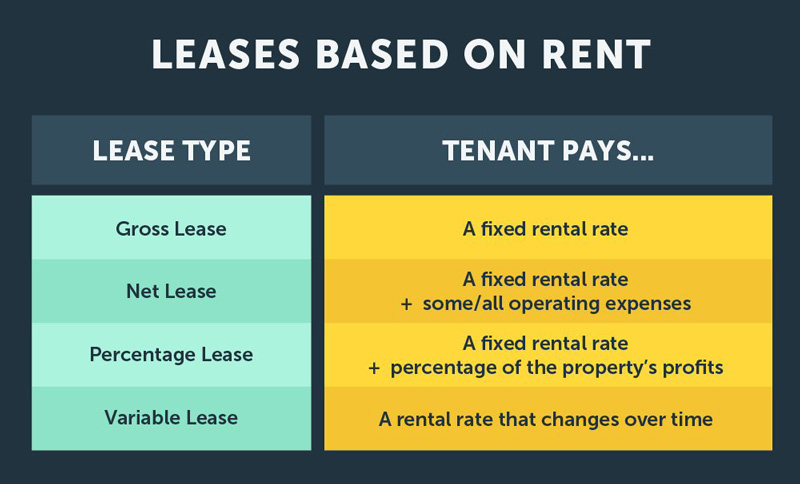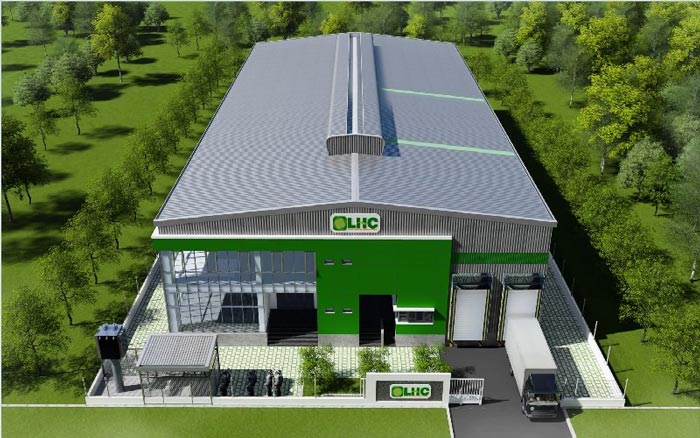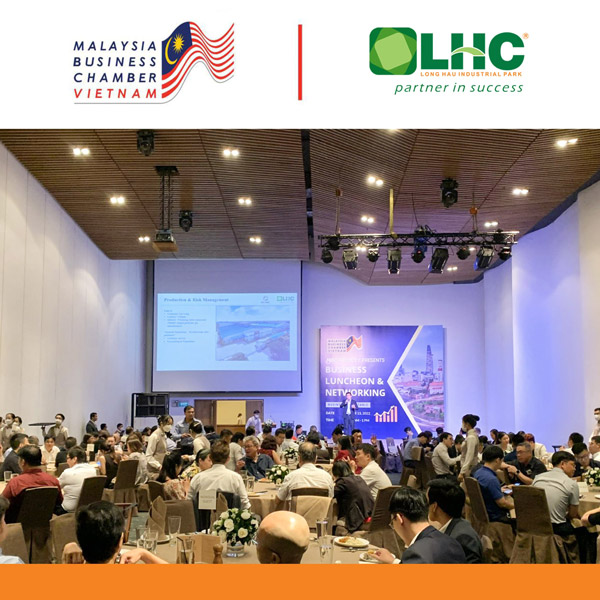Real estate professionals play a crucial role beyond just buying and selling properties. They are also involved in leasing and renting, aiding large landlords in managing their buildings, and sometimes even becoming landlords themselves. To equip current and aspiring real estate agents with a comprehensive understanding of the industry, it’s essential to delve into the different types of leases commonly employed. Here are the four main types.
Contents
Gross lease
The most prevalent in commercial properties like offices and retail spaces, a gross lease involves the tenant paying a fixed, all-inclusive amount covering rent, taxes, utilities, and insurance. The landlord handles tax, utility, and insurance payments from the rent collected. There are two sub-types: modified gross leases, allowing negotiation on which utilities each party covers, and full-service leases, where the tenant pays a flat fee, and the landlord manages all incidental costs.
Net lease
Contrary to a gross lease, a net lease requires the tenant to not only pay fixed rent but also cover additional costs. This type is common in commercial properties and is ideal for property owners who prefer not to handle incidentals. Subtypes include single net leases (covering one expense category), double net leases (covering two), and triple net leases (covering taxes, maintenance, and insurance). Double and triple net leases are typical for long-term rentals.
Percentage lease
Primarily used in commercial leases, the percentage lease combines a fixed rental rate with a percentage of the business’s profits renting the space. This arrangement allows for a lower base rent, with the landlord potentially earning more if the business thrives. The percentage clause usually kicks in once the business reaches a certain revenue level, known as the “breakpoint,” providing the property owner an incentive to offer a prime location for the lessee.
Variable lease
A variable lease is one that adapts based on specific conditions. There are two subtypes: index leases tie the rent to an index, often the Consumer Price Index or local rental market conditions, while graduated leases stipulate predetermined, incremental increases. Graduated leases may follow a schedule or be seasonal, with businesses paying more rent during peak seasons and less during off-peak periods.
Real estate agents, especially those in the commercial sector, must be well-versed in these lease types, a topic likely covered in real estate license courses based on state requirements.

Renting a workshop in Long Hau Industrial Park
If your business is looking to rent a fully-equipped workshop, consider exploring the offerings of Long Hau Corporation. We are the driving force behind the Long Hau industrial park vietnam projects, spanning nearly 500 hectares in total.
Discover the Benefits:
- Ready-Built Factories: Explore our ready-built factories available for rent at Long Hau Industrial Park.
- Proven Experience: With 17 years of development expertise, Long Hau Industrial Park has earned the trust of over 200 domestic and international investors. We stand as a reliable partner for sustainable development.
- Commitment to Quality: Long Hau Corporation prioritizes top-notch infrastructure, ensuring that businesses receive the best solutions for their needs.
Refer to the article: factory vietnam

Whether you’re looking to expand production or invest in infrastructure, Long Hau Industrial Park offers a range of solutions. Check out our latest updated price list to find the perfect fit for your business needs. We’re here to support your growth and success.
Refer to the article: Top list of Industrial Parks in Vietnam



